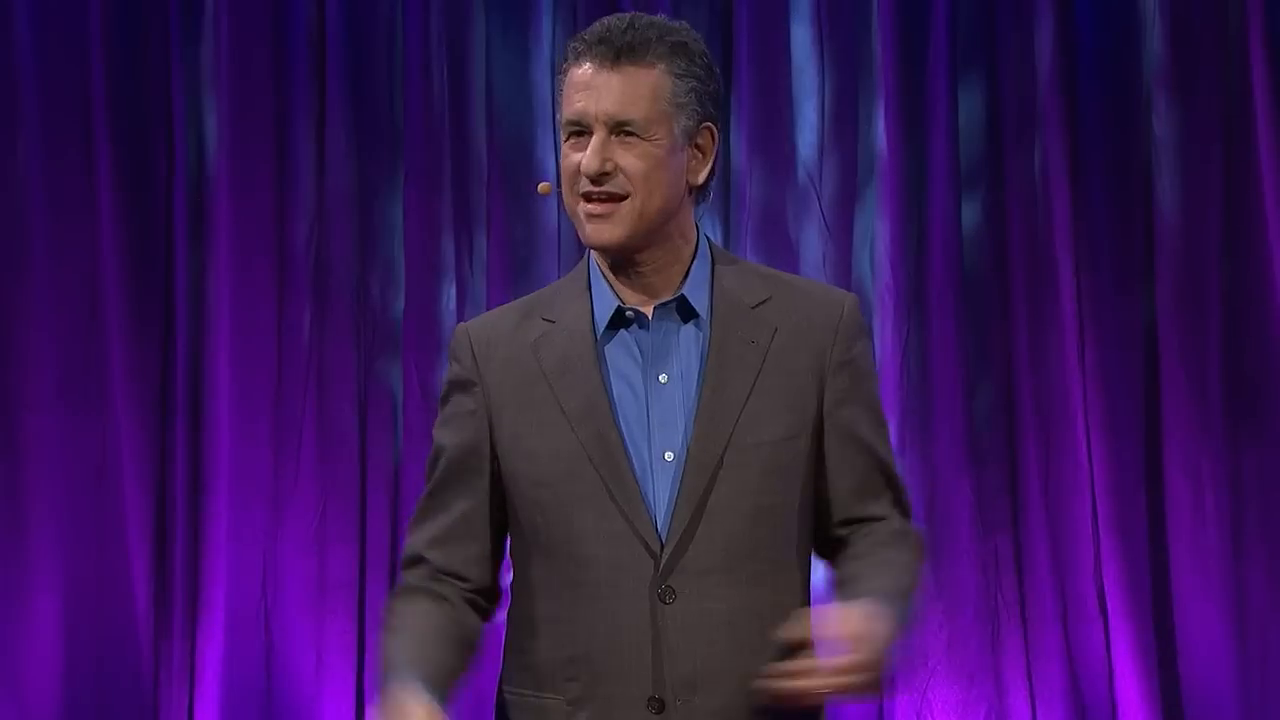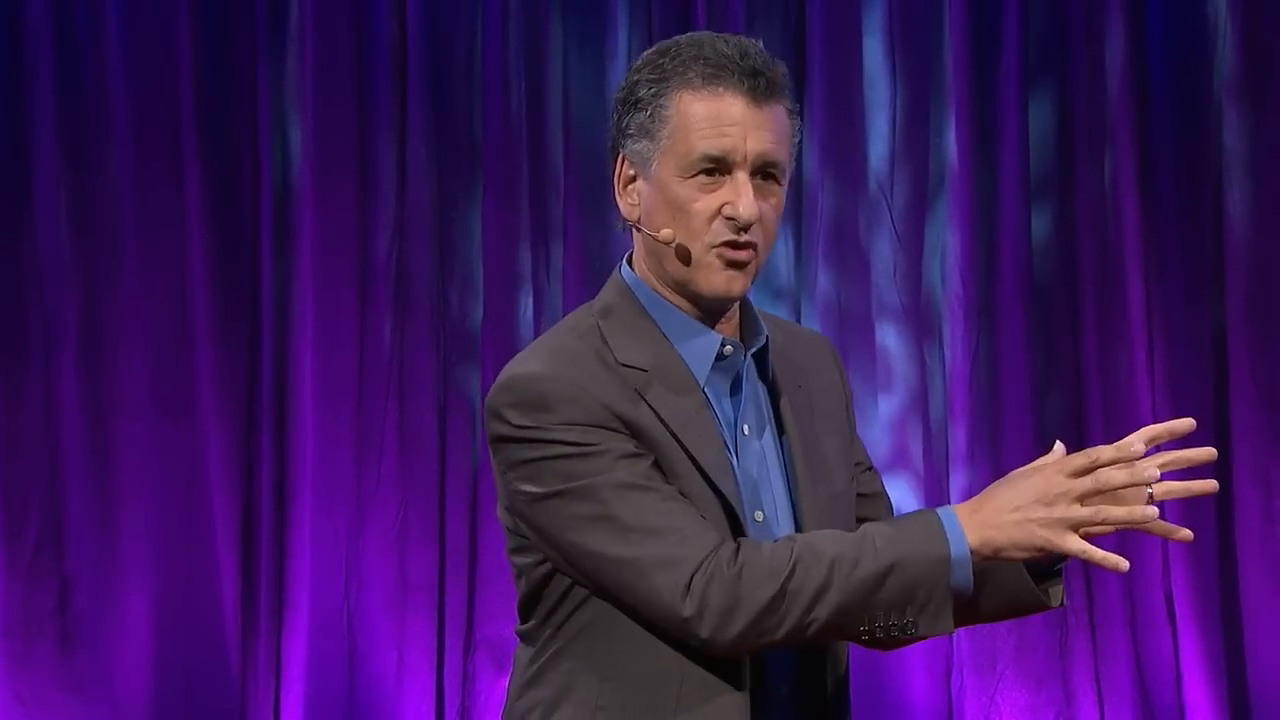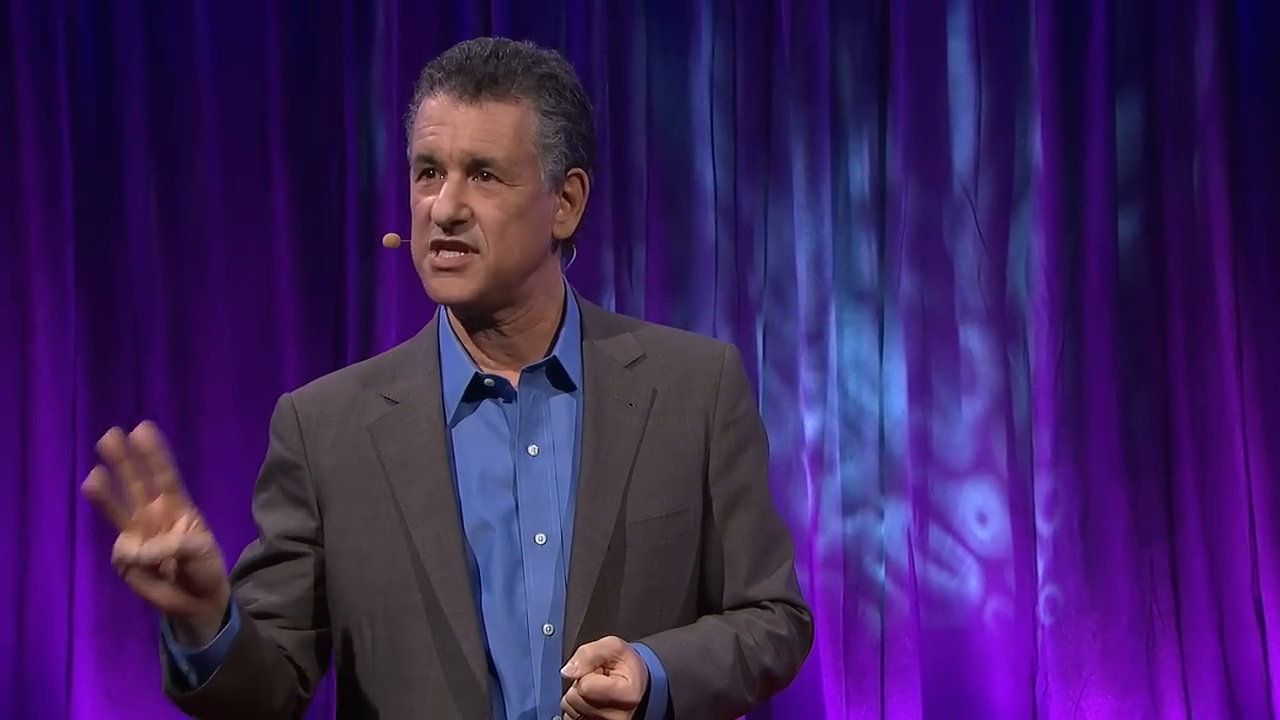The Art of Thinking Ahead: How to Avoid Critical Mistakes in Stressful Situations
A few years ago, I found myself in a stressful situation, locked out of my own house on a cold winter night in Montreal. I had driven home from a friend's house, but when I arrived, I realized I had left my keys on the dining room table. With an early flight to Europe the next morning and no spare keys, I was desperate and freezing cold. In a moment of panic, I decided to break into my own house through the basement window.
 This was not a proud moment for me.
This was not a proud moment for me.
As a neuroscientist, I knew that under stress, my brain was releasing cortisol, which clouds rational thinking. But in that moment, I didn't think clearly about the consequences of my actions. I only realized the potential risks and consequences when I woke up the next morning, tired and worried about the hole in my window and the upcoming meetings in Europe.
The Power of Premortem Thinking
This experience taught me the importance of thinking ahead, or what I call "premortem thinking." It's a way to anticipate potential failures and think about how to prevent them or minimize their impact. Premortem thinking is essential in stressful situations, when our brains are not functioning at their best.
 Thinking ahead to potential failures can help you prepare and avoid critical mistakes.
Thinking ahead to potential failures can help you prepare and avoid critical mistakes.
The Dark Side of Stress
When we're under stress, our brains release cortisol, which can impair rational thinking. We may not think clearly, and our decision-making abilities can be compromised. In extreme situations, this can lead to critical mistakes, such as my decision to break into my own house.
 Cortisol can impair rational thinking, leading to critical mistakes.
Cortisol can impair rational thinking, leading to critical mistakes.
The Importance of Informed Consent
In medical situations, patients have the right to informed consent, which means they must be aware of the potential risks and benefits of a treatment. Similarly, in life, we should think ahead to the potential consequences of our actions and decisions. This can help us make better choices and avoid critical mistakes.
 Thinking ahead to potential consequences can help us make better choices.
Thinking ahead to potential consequences can help us make better choices.
The Power of Practice
Premortem thinking is a skill that can be developed with practice. By thinking ahead to potential failures and consequences, we can prepare ourselves for stressful situations and make better decisions.
 Practicing premortem thinking can help us prepare for stressful situations.
Practicing premortem thinking can help us prepare for stressful situations.
In conclusion, premortem thinking is a powerful tool that can help us avoid critical mistakes in stressful situations. By thinking ahead to potential failures and consequences, we can prepare ourselves for the unexpected and make better decisions. Remember, our brains are flawed, and we will all fail at some point. The key is to think ahead and prepare for those failures.
